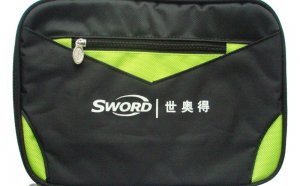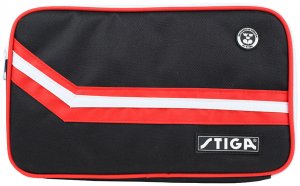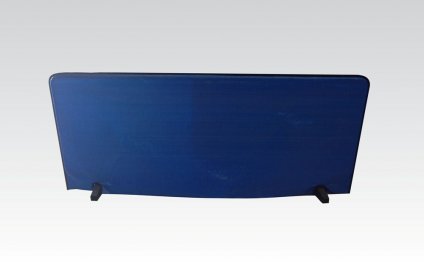
Table Tennis barriers
To be a role model for women and girls is a great honour. It will make a change to their lives. A real positive impact I can say.
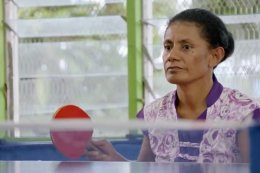
(Supplied: Oceania Table Tennis Association)
Only a year ago, Mere Roden had never played table tennis. Thanks to an international sports development initiative called Smash Down Barriers, part of Australian Aid’s Pacific Sports Partnerships (PSP) program delivered by Table Tennis Australia and the Oceania Table Tennis Federation, Mere had the opportunity to try her hand at the sport, and the results speak for themselves.
Mere’s rise began with a silver medal at the Oceania Table Tennis Championships in Australia, quickly followed by a gold medal at the Pacific Games. She recently competed in China for a wildcard to represent Fiji at the Paralympics in Rio de Janeiro next year, and although she did not receive the wildcard, she performed strongly in the qualifier.
Since discovering a love for table tennis, Mere has become a celebrated sporting star across the Pacific. She trains five days a week and travels to tournaments all over the region to improve her skills and experience. “I train for a minimum time of two hours a day but this sport gets you addicted most times I play on for four hours, ” she says. “I am in love with table tennis!"
Mere says the key to her success is the Smash Down Barriers program, which works across four Pacific island countries to increase participation in table tennis activities by people with disability. The program provides Mere the opportunity to regularly play and train against able-bodied players
“I give them a choice to stand if they wish because I think it is going to improve my skills and my standard of playing, ” she says.
Mere has been using a wheelchair for 10 years, and credits table tennis with helping her to better manage her disability. Ten years ago Mere found a lump in her back, which was causing a lot of pain. She went for a massage to treat the pain, and during the treatment the masseuse accidentally pushed the lump against her spine, causing paraplegia. Mere lost all use of her legs and has required a wheelchair since.
“Women and girls with disabilities face many challenges in life, ” Mere says. “Fiji is not so wheelchair friendly, transport costs and the attitudes in the community make life very difficult.”
In just under a year, Mere has become the top female para table tennis player in the region and she wants the story of her achievements to motivate and empower people, especially women and girls who are experiencing disability.
I think that this should be encouraging to them, give them hope that life doesn’t end there. Having a disability doesn’t mean that you can’t participate.
So far the Smash Down Barriers initiative has encouraged over 900 people in the Pacific region to take up table tennis, boosting health outcomes and tackling issues of social inclusion. Oceania Para Table Tennis Development Officer Christian Holtz admits the challenges for the program are immense.
People like Mere are rare, because most people with disability have been told time and time again that sport isn’t for them. Not even at a social level.
RELATED VIDEO

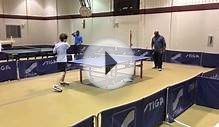
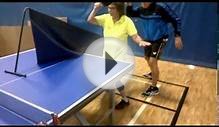
Share this Post
Related posts
Table Tennis Bat Covers
Good quality table tennis blades and rubbers aren t cheap, so it makes sense to takes steps to protect your expensive ping-pong…
Read MoreTable Tennis Bat Cases
Rated 3 out of 5 by Jackpot Good Case For the price this is a good case. I wouldn t call it premium by any means. Would…
Read More
